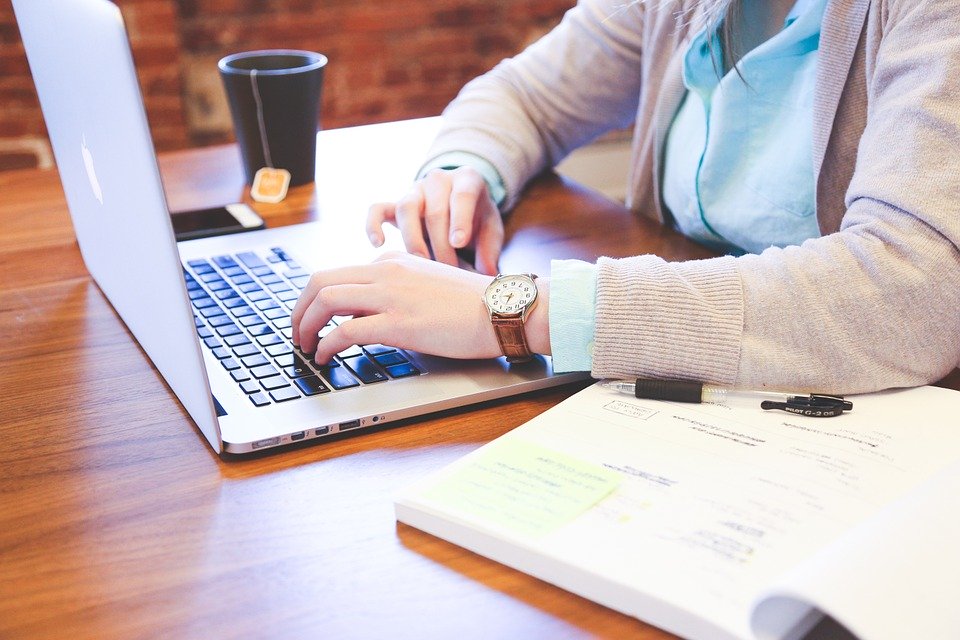
There’s no denying that we exist in a mobile society. Everything, from our banking to our social lives, exists in our phones. We use it to communicate, to play, to listen, and even to meditate. The average mobile user spends 3 hours and 15 minutes on their phone per day.
However, there are many reasons why it might just be time to participate in a digital detox. Research from the Radiological Society of America found that our dependence on digital devices may be changing the way our brains operate for the worse. If you find yourself overwhelmed by the constant digital chatter—from notifications to phone calls to social media apps begging for attention—it might be time to create some distance between you and your modern life and improve your day to day health.
Ideally, a full digital detox will last around 24 hours, however, if you find the entire day too stressful, you can start with baby steps instead. For example, turn off your phone after you get home from work, and don’t turn it on until the next day. Don’t be intimidated by the idea of an emergency; the chances of an emergency happening during the one day of digital detoxing is slim. Forewarn your friends and family that you’ll be turning your phone off for a while. If you need a little more persuasion, here’s why you should do a digital detox:
Strengthen Your Focus
Your phone is likely one of your biggest workplace distractions. Although you might consider yourself a multi-tasker, there is numerous research that suggests multi-tasking breaks your concentration in a way that adds more time to your tasks. And these tasks accumulate over time.
On any given day, chances are you’re quickly jumping from one task or application to another. This can halt your overall productivity, and multi-tasking will actually drain the brain’s energy reserves. When you focus on just one thing at a time, you’ll feel less fatigue and will be able to concentrate better. And because phones are such a strong case for distraction, you’ll notice the difference when you eliminate them from your daily work routine.
Break from Bad Habits
Detoxing from your phone can also help you disassociate from bad habits. For example, you might find yourself constantly texting while you’re driving, walking across the street, or navigating public transportation. According to the Barnes Firm, a team of San Diego car accident attorneys, preventative practice is always best.
The National Safety Council found that 1.6 million crashes each year were the direct result of using cell phones while driving. Furthermore, thousands of personal injury cases each year are also due to mobile distraction. For instance, there were nearly 100 cases of injuries stemming from users who weren’t paying attention as they played Pokémon GO. If you find yourself constantly distracted, taking a break could help instill healthier habits moving forward.
Less Stress
Your phone—and particularly social media—is a major stress contributor. With more social pressure to disclose personal information, more people portraying unrealistic versions of their lives that impact your perception of your own reality, and stress maintaining social status and larger networks of friends, it’s no wonder that social media has a negative impact on our social health. Take a social detox to separate yourself from the constant happenings of social media and give your mind a mental break from the world and social news that creates distractions and unnecessary illusions.
Get More Exercise
With more time—likely hours—on your hands, why not use it to get your body some exercise? This is a solid opportunity to replace the sedentary activity of scrolling through your phone with some much-needed physical movement. Research has already found that the more stationary time you spend behind a screen staying inactive, the more likely your health will be negatively affected.
It Will Help Curb Insomnia
The blue light emitted from your phone will have a negative impact on your sleep patterns, especially after prolonged, regular periods of time. Studies have shown that this type of light halts the production of melatonin, the hormone responsible for maintaining your circadian rhythm and getting you to sleep. Furthermore, technology also keeps you alert by tricking your mind into thinking it needs to be awake. This is even more true if you’re consuming content that’s entertaining or negative.